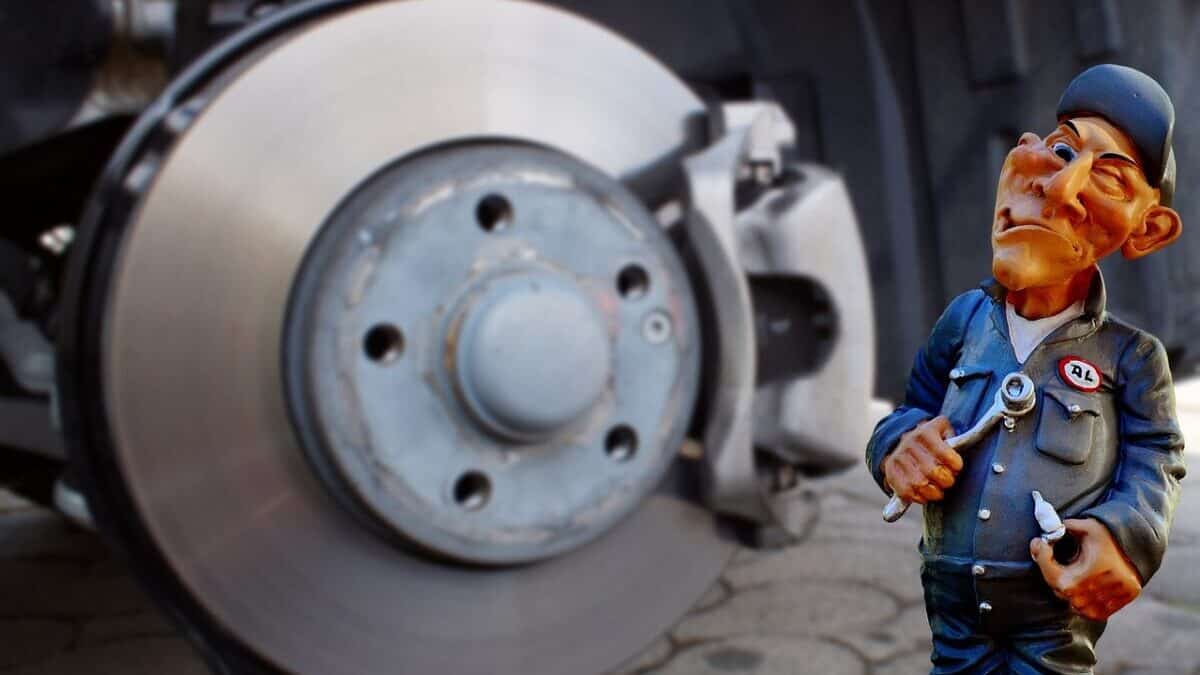American automaker Tesla reportedly recalled almost every electric car it sold in the Chinese market over braking and acceleration defects that may raise the risks of car crashes.
The news came from State Administration for Market Regulation’s statement on May 12, announcing that the EV giant will release an over-the-air (OTA) software fix to over 1.1 million Giga Shanghai-made EVs as well as some imported models.
Defect and solution
According to the report, some imported Tesla Model S, X, and 3 and China-made Model 3 and Y vehicles produced between January 12, 2019, and April 24, 2023, are affected by braking and acceleration defects.
The issue of the affected Tesla EVs concerns the regenerative braking system. For those unaware, this system efficiently utilizes the energy generated every time the driver releases the accelerator by transmitting power to the battery.
Chinese regulators explained that the affected Tesla cars failed to enable drivers to configure the system’s intensity and notify drivers when they use the accelerator for an extended period, increasing pedal misapplication risks.
“The superposition of the above factors may increase the probability of mistakenly stepping on the accelerator pedal for a long time, which may increase the risk of collision and pose a safety hazard.”
State Administration for Market Regulation
As mentioned, Tesla will launch an OTA update to fix the problem beginning on May 29, 2023. The automaker will now include the two lacking factors mentioned above in the regenerative braking system of the affected cars.
See Also:
- Tesla recalls over 362,000 EVs in North America over self-driving software issue
- Tesla recalls more than 80,000 cars in China for software and seat belt issues
- Tesla issues voluntary recall on its Semi over parking brakes issues
- Tesla resolves the Model X “recall” with an over-the-air software patch
- Tesla just recalled over 1M vehicles because windows can pinch fingers
As we all know, China is a significant market for Tesla both as a source of production and sales. That said, the automaker must immediately resolve such safety concerns to maintain customers’ trust.

